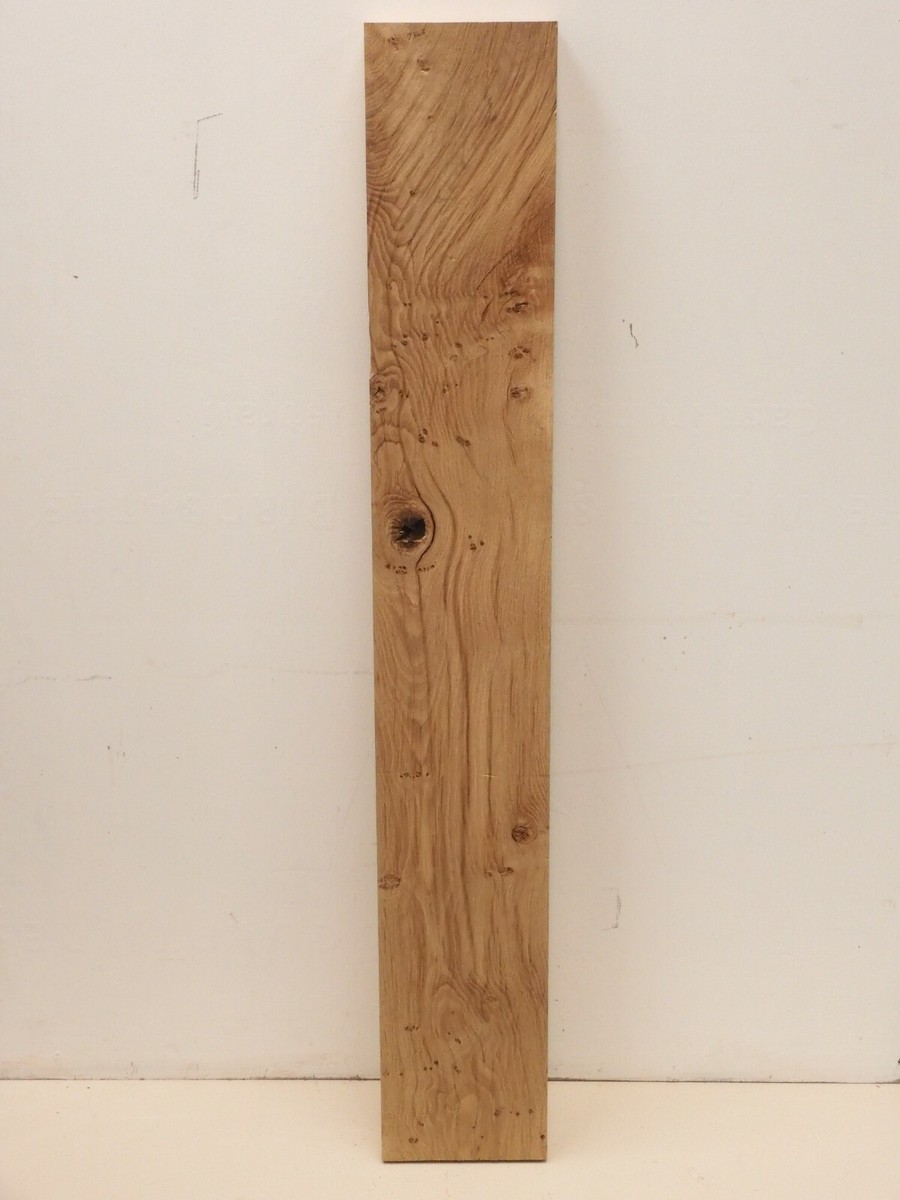As the world shifts toward sustainable energy solutions, Wood Pellets have emerged as a highly efficient and eco-friendly fuel option for both residential and industrial applications. Made from compressed biomass, wood pellets offer a renewable alternative to traditional fossil fuels, helping reduce carbon emissions while providing consistent heat output. At Biomass Wood Pellets, we are committed to delivering high-quality wood pellets that meet the heating needs of homes, factories, and commercial facilities, promoting both sustainability and cost-effectiveness.
What Are Wood Pellets?
Wood pellets are small, cylindrical pieces of compressed sawdust, wood shavings, and other biomass materials. They are manufactured under high pressure without the need for chemical binders, with natural lignin in the wood acting as a binding agent. This process results in a dense, uniform fuel that burns efficiently and produces minimal ash. Wood pellets are widely used in pellet stoves, boilers, and industrial furnaces due to their consistent size, low moisture content, and high calorific value.
Advantages of Wood Pellets
The use of wood pellets provides several advantages over traditional fuels. First, wood pellets have a higher energy density than firewood, producing more heat per unit and allowing longer burn times. Second, they create less ash and smoke, reducing maintenance for stoves and boilers and improving indoor air quality. Third, wood pellets are renewable and carbon-neutral because the CO₂ released during combustion is balanced by the CO₂ absorbed during tree growth. Additionally, wood pellets are cost-effective, making them an attractive choice for both residential heating and large-scale industrial operations.
Types of Wood Pellets
There are several types of wood pellets available depending on the raw materials and intended use. Premium wood pellets are made from hardwood, providing high energy output and low ash content, ideal for household heating systems. Standard wood pellets are made from softwood or a mix of hardwood and softwood, offering reliable performance for residential and industrial boilers. Industrial-grade wood pellets are designed for large-scale energy production, providing consistent combustion for continuous operations. At Biomass Wood Pellets, we supply a variety of wood pellets tailored to meet the specific requirements of both homes and industries.
Manufacturing Process of Wood Pellets
The production of wood pellets begins with the collection of raw biomass materials such as sawdust, wood chips, and shavings. The materials are dried to reduce moisture content, which is essential for efficient combustion. The dried biomass is then compressed under high pressure to form uniform wood pellets. Because no chemical binders are used, the natural lignin in the wood acts as a binding agent, holding the wood pellets together. The final product is a high-quality, easy-to-handle fuel that provides consistent heat and energy efficiency.
Applications of Wood Pellets
Wood pellets are highly versatile and can be used in multiple applications. In residential settings, they are commonly used in pellet stoves and boilers, providing clean and long-lasting heat. For industrial purposes, wood pellets serve as a primary fuel for boilers, furnaces, and combined heat and power (CHP) systems. Their uniform size, low moisture content, and high energy density make wood pellets a reliable choice for continuous operations, helping industries reduce reliance on fossil fuels and decrease their carbon footprint.
Environmental Benefits of Wood Pellets
Using wood pellets significantly reduces environmental impact compared to conventional fuels. By converting sawdust and wood waste into wood pellets, we prevent biomass from being discarded in landfills, reducing methane emissions. Combustion of wood pellets generates fewer pollutants and particulate matter than coal, contributing to cleaner air quality. Sustainable sourcing of raw materials ensures that the production of wood pellets supports responsible forestry practices. Choosing wood pellets helps reduce greenhouse gas emissions and promotes a greener, more sustainable energy future.
Storage and Handling of Wood Pellets
Proper storage of wood pellets is crucial for maintaining their quality and energy efficiency. Wood pellets should be stored in dry, ventilated areas to prevent moisture absorption, which can compromise combustion. Their compact and uniform design allows for easy stacking and transportation. At Biomass Wood Pellets, we provide guidance on proper storage techniques to ensure that your wood pellets maintain maximum performance for both home and industrial heating systems.
Conclusion
Wood pellets have become an essential fuel for anyone seeking a sustainable, reliable, and cost-effective heating solution for both homes and industries. Their high energy density, low emissions, and renewable nature make wood pellets an ideal alternative to traditional fossil fuels. At Biomass Wood Pellets, we focus on providing top-quality wood pellets that meet the heating demands of residential and industrial users alike, ensuring consistent performance, affordability, and environmental responsibility. By choosing wood pellets, you are investing in a cleaner, more sustainable future while enjoying efficient and reliable heat for every application.
